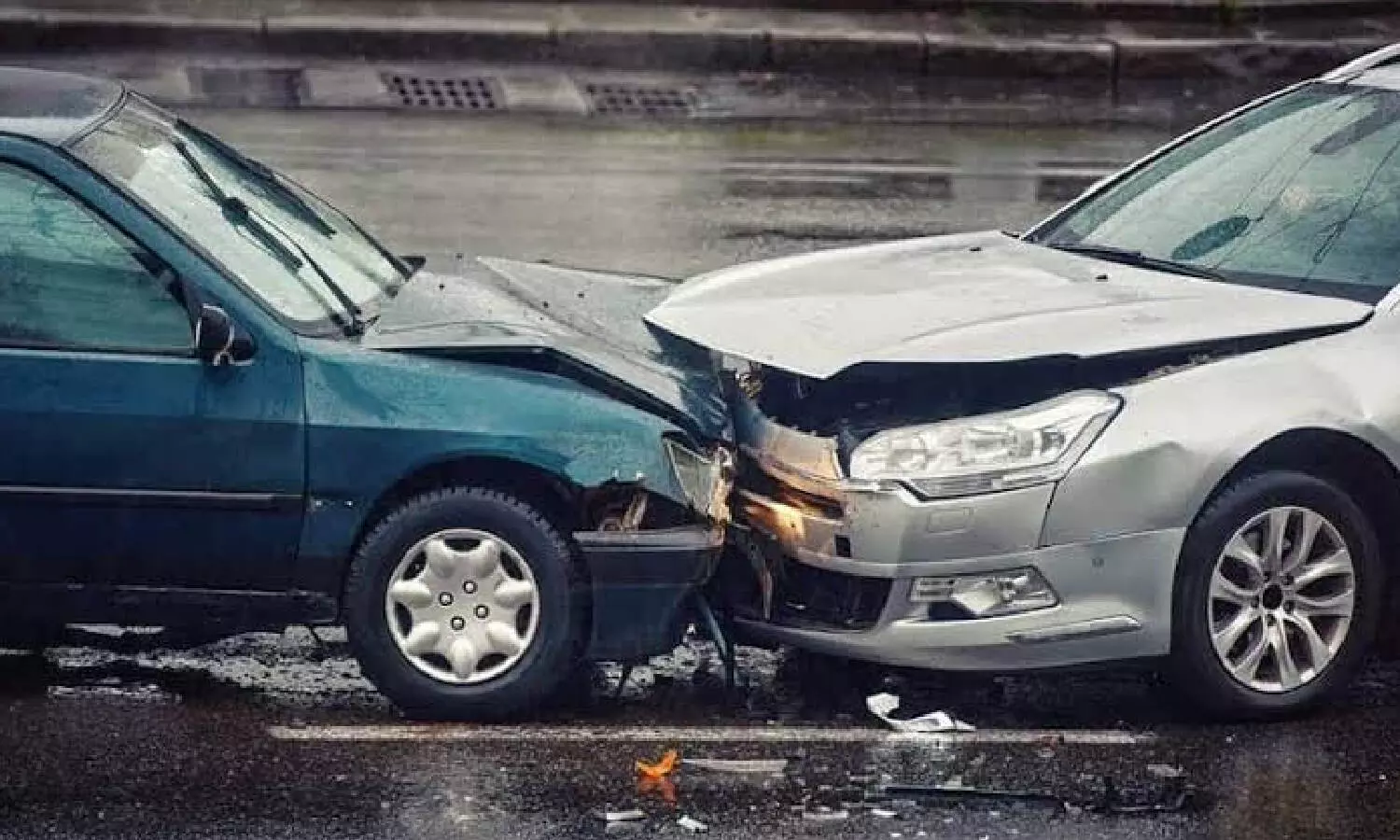55 crashes and 20 deaths every hour: India records world’s highest road fatalities
In 2023 alone, there were more than 4,80,000 crashes and 1,72,000 deaths, averaging 55 crashes and 20 deaths every hour.
By Newsmeter Network
Hyderabad: India continues to record the highest number of road crash deaths globally.
In 2023 alone, there were more than 4,80,000 crashes and 1,72,000 deaths, averaging 55 crashes and 20 deaths every hour.
A new study by The George Institute for Global Health reveals that speeding, one of the main contributors to these fatalities, is shaped by much more than just individual recklessness.
Speeding is shaped by culture, roads and lack of enforcement
The research, published in BMJ Injury Prevention, synthesised evidence from nine countries across different income settings. It found that speeding is heavily influenced by social pressure, unsafe road design and weak enforcement systems.
“Speeding is not just an individual choice, it is shaped by culture, road design and the credibility of enforcement. If we want to save lives, we need to create systems where safe driving is the easier choice, not the harder one,” said Pratishtha Singh from The George Institute for Global Health, India.
The study noted that simply telling people that speeding is dangerous does little to change behaviour. Instead, interventions must challenge peer influence, cultural perceptions that link speeding to masculinity, and road infrastructure that encourages faster driving.
Global and Indian context
The findings come as India faces the dual challenge of rapid motorisation and limited public transport options. This has worsened both speeding and its deadly consequences.
“Reducing average speeds by just 10 km/h can cut the risk of a fatal crash by up to 40 per cent. Speeding is not a marker of a nation’s development, the true measure is how much we value human life. Staying within limits isn’t about being slow; it’s about making sure everyone gets home safely,” said Dr Jagnoor, Co-director of the WHO Injury Collaborating Centre, The George Institute for Global Health.
Globally, research shows that every 10 km/h reduction in average vehicle speed lowers the risk of a fatal crash by up to 40 per cent, making speed management one of the most effective tools for road safety.
Key recommendations
The study calls for a comprehensive approach to managing speeds:
• Automated and transparent enforcement through speed cameras and radars
• Road design that slows traffic, including narrower lanes, roundabouts, and speed bumps
• Lowering average speeds by 10 km/h to significantly reduce fatalities
• Stricter licensing systems for young drivers and in-vehicle speed limiters
• Public health campaigns to challenge myths such as “speeding saves time” and address gender norms around risky driving
• Investment in public transport to reduce dependence on private vehicles
Policy implications for India
India’s Motor Vehicles (Amendment) Act has increased penalties for speeding. But researchers caution that penalties alone will not be effective unless enforcement is transparent and technology-driven, reducing opportunities for bribes or evasion.
By showing that speeding is a multidimensional issue shaped by culture, infrastructure, and enforcement, the researchers stress that India and other high-burden countries must adopt evidence-based speed management policies to save lives.